New research from TradePMR and Absolute Engagement suggests that realigning your practice to serve the entire family instead of a primary client could help advisors achieve sustainable growth across generations.
It’s here. We’re in the midst of an expected $124 trillion1 transfer of wealth, with assets passing from Baby Boomers to the next generation of investors. It’s the type of industry sea change that could define a new era in wealth management.
Yet somehow the transition has managed to catch many advisors underprepared.
Some are hanging their hopes on superficial relationships with clients’ heirs. Others have overlooked the needs and preferences of the next generation of investors, or assumed that heirs’ investing perspectives will be the same as their parents’.
It’s not just a question of whether an advisor will be managing inherited assets. Advisors who miss out on this wealth transfer could also be sidelined from managing the prime earning years of their clients’ adult children.
To understand the true scope of the risks, opportunities, and strategies for advisors looking to successfully capitalize on the ongoing wealth transfer, TradePMR and Absolute Engagement surveyed hundreds of investors and their children. The results revealed illuminating insights on how families think about money.
Communication Breakdowns: A Chance for Advisors to Shine
Perhaps it shouldn’t come as a surprise that parents and children aren’t always the best at communicating. Promisingly, this research found that the presence of advisors can help facilitate smoother inter-generational financial conversations.
Take the question of whether a client’s child will receive an inheritance or not. Our research shows nine of every 10 investors say they plan to transfer their wealth after they pass away, but among adult children with living parents, fewer than half of those surveyed believe they will receive an inheritance. About 8% don’t know if they’ll receive an inheritance or not.
Unsurprisingly, advice on financial decisions or values around money are more likely to be shared between parents and children. But even in situations where a child may not stand to inherit any wealth, family engagement and support are important, especially when discussing sensitive topics like cognitive decline or estate planning.
For adult children, understanding their parents’ plans and their potential role as caregivers in the future is a conversation worth having and can be an impactful way for an advisor to make a first impression. It also opens discussions around philanthropic missions, family values, and financial lessons.
Clients Want to Share. Are Advisors Listening?
Our research found that clients didn’t just turn to financial advisors for investing advice, they welcomed input from their advisors around a variety of topics.
Clients wanted to hear more about caring for elderly family members, navigating the intersection of financial and personal health, and about feeling fulfilled in retirement.
Creating an atmosphere where clients can share these concerns, and get comfortable with different types of conversations, is not about gathering assets or tweaking an investment model. It’s about well-being and a recognition of the complexities of life. These are all great opportunities for advisors to connect with clients, regardless of age or investing acumen.
However, the way that clients share those concerns is evolving. For example, our survey found that younger investors prefer more connection with their advisors, but want to hold meetings virtually. They also want content they can engage with, not documents to review.
Interestingly, our research suggests that as clients with children get older, their referral rate tends to decline. In other words, younger investors aren’t only positioned to accumulate more wealth over their lifetimes, they’ll also send more referrals to advisors, too.
By guiding the entire family instead of a single primary client, we believe advisors could be better positioned to capitalize on the ongoing wealth transfer. As this transfer accelerates, our research suggests that advisors may need to recalibrate their priorities if they wish to retain and manage the assets that are passed from one generation to the next.
To learn more about how you can grow your business, reduce your attrition risk, and position your business for the future, we encourage you to download our complete 2025 Generational Wealth report. Your future will thank you.
About TradePMR
For more than two decades, TradePMR has worked with growth-minded independent registered investment advisors (RIAs), providing innovative technology tools and support designed to transform their businesses. The brokerage and custodian services provider (Member FINRA/SIPC), based in Gainesville, Fla., works to streamline investment advisors' operations through comprehensive custodial, operational, and trading support. For more information, visit www.TradePMR.com.
TradePMR is a subsidiary of Robinhood Markets, Inc.
Follow TradePMR on X, Facebook, and LinkedIn for the latest news, updates, and event information.
1 https://www.cfainstitute.org/insights/articles/great-wealth-transfer-myths-reality
TradePMR and Absolute Engagement are unaffiliated companies.
Julie Littlechild and Absolute Engagement are not affiliated with Trade-PMR, Inc.







